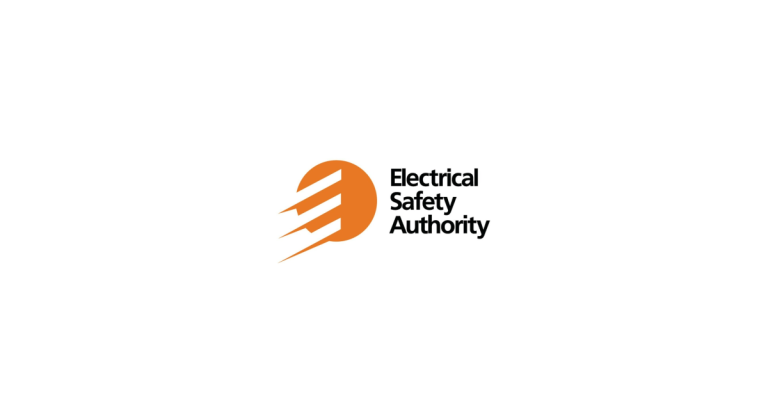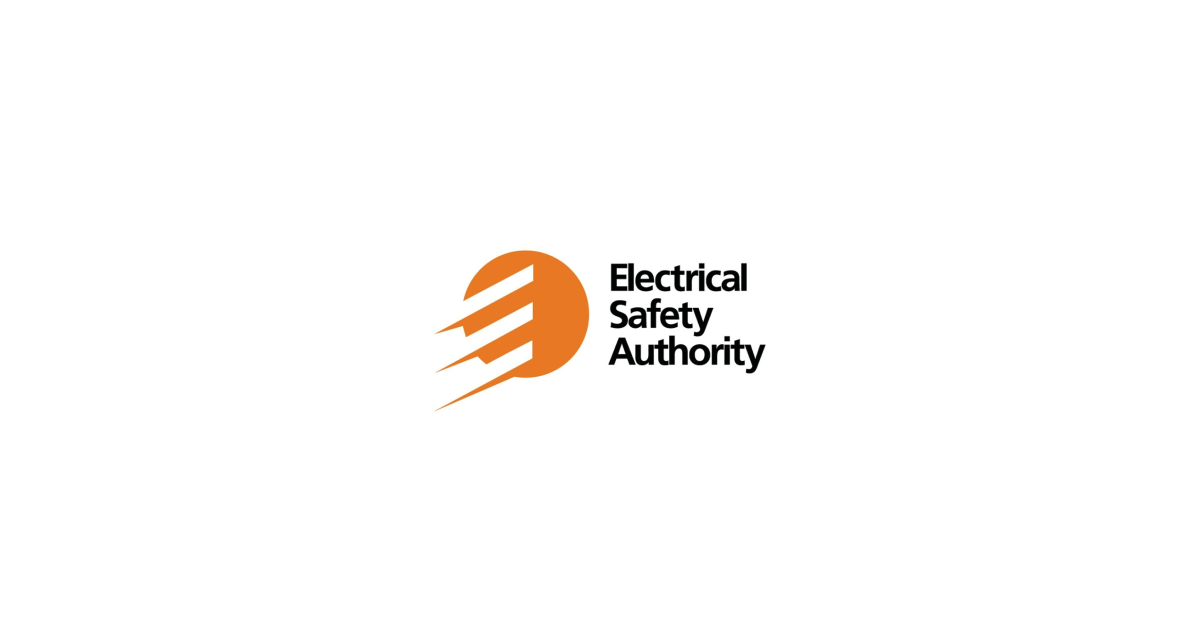BC Takes Next Step in Formalizing SkilledTradesBC as Skilled Trades Certification System

December 12, 2022
British Columbia is advancing a made-in-B.C. solution to attract more people to trades careers and boost prestige for the sector by moving forward with skilled trades certification.
The change will formally recognize the skills of trades workers, helping them receive standardized training, earn higher wages and better navigate evolving industry needs. Based on recommendations from a stakeholder advisory working group, there are seven initial trades designated for skilled trades certification and three more will be added in 2024.
“For too long, B.C. has been the only province in Canada without a skilled trades certification system, putting workers and employers at a disadvantage,” said Anne Kang, Minister of Advanced Education and Skills Training. “By bringing back and enhancing skilled trades certification, we’re turning that around – supporting better-paying, steadier work to attract more people to the trades and helping employers find the workers they need to build stronger communities and a stronger B.C.”
These are the ten trades initially selected, the first seven trades, four mechanical and three electrical, will be the first to transition. There will be a one-year transition period, workers will need to be registered as an apprentice or certified as a journeyperson by December 1, 2023.
| Mechanical trades |
|---|
| 1. Refrigeration and Air Conditioning Mechanic |
| 2. Gasfitter A & B |
| 3. Steamfitter/Pipefitter |
| 4. Sheet Metal Worker |
| Electrical trades |
|---|
| 5. Electrician (Construction) |
| 6. Industrial Electrician |
| 7. Powerline Technician |
| Automotive trades |
|---|
| 8. Heavy Duty Equipment Technician |
| 9. Automotive Service Technician |
| 10. Autobody and Collision Technician |
During the transition period, uncertified workers in these trades can continue working as they register as apprentices or get certified. To ensure high standards of supervision and quality training for apprentices, skilled trades certification will require employers in these seven trades to follow a two-to-one apprentice to journeyperson ratio.
If a worker in these seven trades is already a certified journeyperson (including Red Seal endorsements) or a registered apprentice, nothing will change for them – they already fulfil the requirements of being certified.
Both uncertified workers and employers have a one-year window to become certified and can access supports from SkilledTradesBC. Supports include a team of multilingual skilled trades certification advisers and apprenticeship advisers located throughout the province. These advisers can help workers navigate the registration process or enter the challenge pathway to write the certification exam. Workers or employers can contact SkilledTradesBC for more details at: www.skilledtradesbc.ca; or call 778 328-8700.
Certification and level exams in these seven trades will be free during the one-year transition period. Additionally, there are a variety of provincial and federal supports available to further reduce financial barriers to certification. These supports help cover training costs, such as tuition, travel, living away from home, child care costs and loss of wages.
Three additional automotive trades (heavy-duty equipment technician, automotive service technician, and autobody and collision technician) will be phased in as skilled trades certification trades in 2024 and will also have one year to transition once announced. At this time, no action is required from workers or employers in the automotive sector.
“Tradespeople in B.C. need to be recognized for their skills,” said Andrew Mercier, Parliamentary Secretary for Skills Training. “Our made-in-B.C. skilled trades certification system increases prestige in the trades, while providing workers with more consistent access to better, safer and higher-paid jobs.”
The Industry Training Authority’s role of administering B.C.’s skilled trades system is being strengthened. With a name change to SkilledTradesBC, the organization will raise the profile of skilled trades, modernize trades training and implement skilled trades certification by working closely and collaboratively with tradespeople, employers and industry partners.
“We are excited by our expanded mandate to implement skilled trades certification, and our new name will make it easier for people to understand who we are and what we do,” said Shelley Gray, CEO, SkilledTradesBC. “SkilledTradesBC will focus on educating tradespeople and employers about skilled trades certification. We will provide online assessment tools and low-cost exam preparation to help workers get certified.”
Investing in the trades is part of StrongerBC’s Future Ready plan. Future Ready is making education and training more accessible, affordable and relevant to help businesses grow and prepare British Columbians for the jobs of tomorrow.
“Our team of skilled trades certification advisers and apprenticeship advisers across the province is ready to provide employers, trade workers and apprentices with the information, guidance and on-the-ground supports they need to ensure a smooth and successful transition to skilled trades certification,” commented Shaun Cox, skilled trades certification manager, SkilledTradesBC.
“When the former B.C. government eliminated skilled trades certification in the early 2000s, it devastated the construction industry and contributed to the skilled worker shortage we’re experiencing today. By reinstating skilled trades certification, the government is reversing that mistake and addressing the worker shortage. If we’re going to build B.C. right, we have to do it with apprentices learning from highly skilled and experienced Red Seal craftspeople, as they do in our 18 union trades schools. This announcement is another excellent step in the right direction,” commented Al Phillips, president, BC Building Trades Council.
Learn More:
Visit SkilledTradesBC to learn about the skilled trades certification process and the supports available to tradespeople: https://skilledtradesbc.ca/skilledtradescertification
For information about how skilled trades certification was developed, visit: https://engage.gov.bc.ca/skilledtrades/about-mandatory-certification/




![Guide to the Canadian Electrical Code, Part 1[i] – A Road Map: Section 52 — Diagnostic imaging installations](https://electricalindustry.ca/wp-content/uploads/2022/11/Guide-CE-Code-2-768x432.png)





![Guide to the Canadian Electrical Code, Part 1[i] – A Road Map: Section 52 — Diagnostic imaging installations](https://electricalindustry.ca/wp-content/uploads/2022/11/Guide-CE-Code-2.png)






